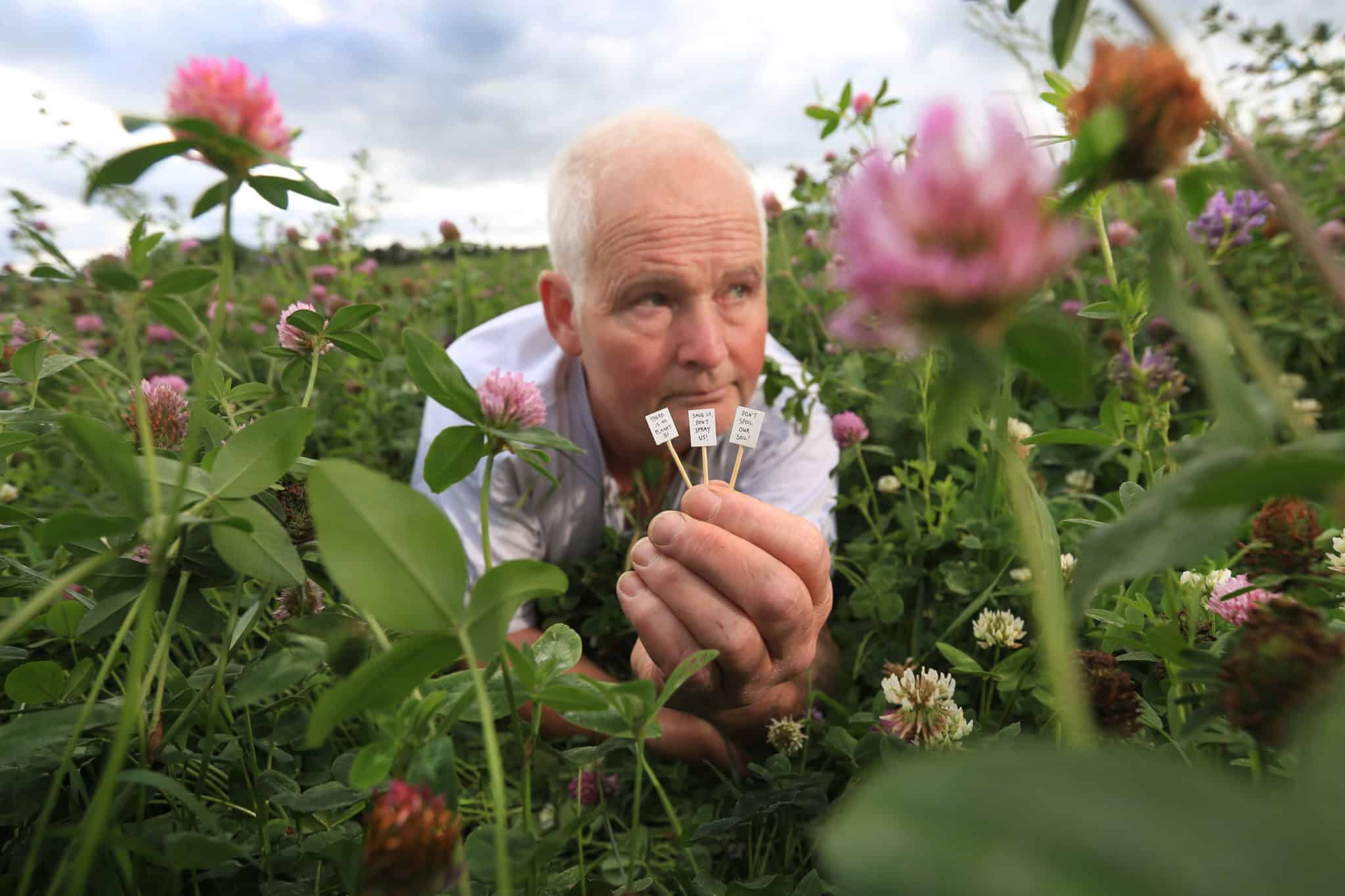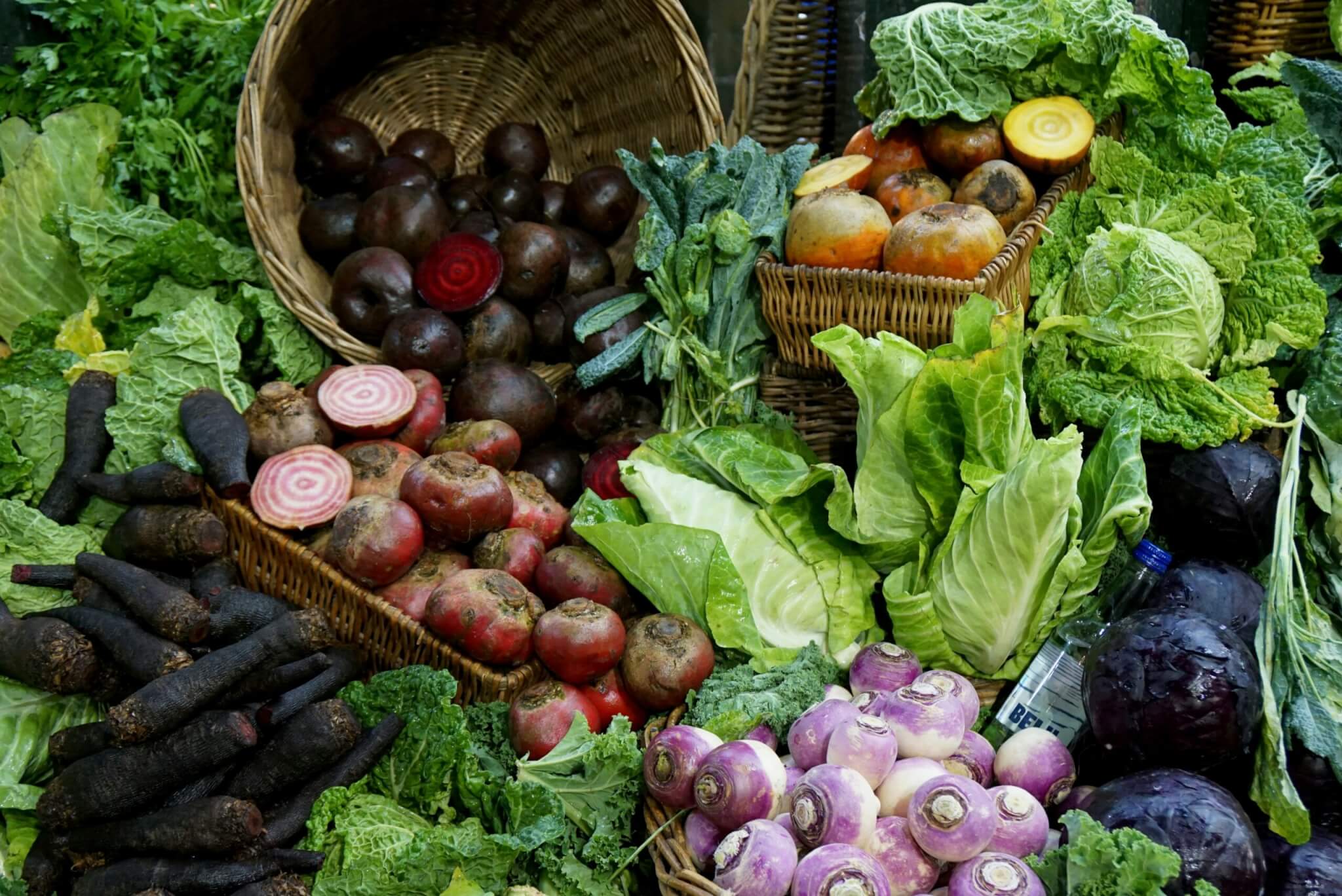‘If nature could talk, it would choose organic’ is the message behind this year’s Organic September campaign, which has launched amid a period of national mourning and rising cost-of-living threatening sustainable food choices.
Images from a mini insect ‘protest’ with pollinators pictured in front of placards will be used across social media to emphasise the message that organic farming, which cannot use any artificial pesticides, herbicides or fertilisers, is the only guaranteed system to protect wildlife.
People are likely to see the Organic September campaign, which aims to promote organic food, textiles and beauty, across social media in digital adverts, in participating supermarkets and in independent shops and grocery stores.
There is also a live petition on Change.org signed by over 1,000 people asking the new Prime Minister to prioritise nature in any new policies.
The campaign launched online and in stores at the start of September, just before the news of the Queen’s death became headline news around the world and muted any other story.
It also comes as the cost-of-living crisis meaning consumers are starting to question sustainable and more expensive choices, according to a recent study by Deloitte.
But organic food certifiers The Soil Association have said that organic food sales remain strong despite higher prices, as people weighing up what costs to keep and lose continue to prioritise care for the environment and their own health.
“Despite new challenges facing retailers and consumers we are confident that the increased demand for organic is here to stay and it will continue to outperform the non-organic sector – so this September will prove to be another strong year for organic across the independents, multiples and online,” said senior marketing manager at the Soil Association, Niamh Noone.
Organic food sales did slow slightly in 2021 from double digit growth in the last two years, remaining up by 5.2 per cent, while the initial impact of rising costs in anything from food to energy bills has yet to be seen.
Health and environment remain key reasons why people choose organic – 27 cent of shoppers choose it because they believe ‘organic food is better for me’ and 25 per cent said ‘organic food is better for the planet’. Animal welfare and low packaging are other significant reasons.
But with cost the overriding concern for almost everyone this autumn, the organic sector is alive with debates around how to position itself, including how to create a potentially new ‘value’ offering at supermarkets while retaining fair prices to farmers, or prioritising the impact on healthy eating and sustainable food and farming that organic can offer.
General manager of the Organic Trade Board (OTB), which co-runs the Organic September campaign, Cristina Dimetto said: “Organic farming works with nature, not against it, encouraging natural predators like ladybirds and pollinators like bees and butterflies rather than spraying harmful pesticides.
“As a result, on average, plant, insect and bird life is 50 per cent more abundant on organic farms. There are up to seven times more wild bees in organic grain fields. So if nature did have a voice – it would choose organic.”












0 Comments